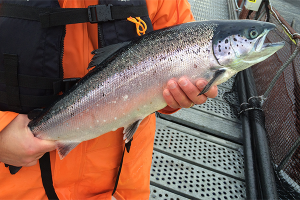
Is Chile’s salmon industry turning the corner on antimicrobials?
According to SERNAPESCA, antimicrobial usage in Chile in 2022 was down more than one-quarter from 2021 and the lowest in 16 years.
Installation of humane fish stunner from Ace Aquatec yields ‘transformative’ results for the Mediterranean aquaculture company, Philosofish.

According to SERNAPESCA, antimicrobial usage in Chile in 2022 was down more than one-quarter from 2021 and the lowest in 16 years.
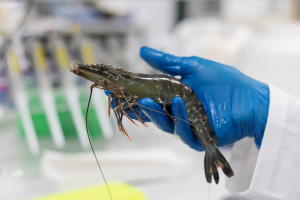
Early detection of major shrimp pathogens – through novel technologies like Genics Shrimp Multipath – is key for WSSV control and prevention.
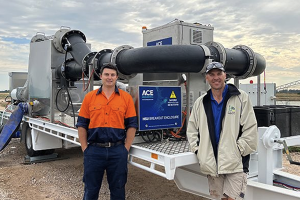
Aquna Sustainable Murray Cod report a "vast improvement" in welfare and efficiency since installing a trailer-mounted in-water fish stunner.
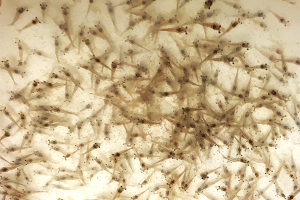
Dietary, health-promoting additives may address some larviculture issues and support the downstream production of high-quality L. vannamei.
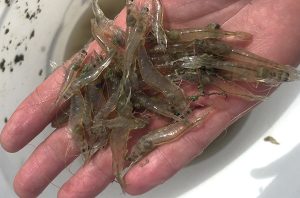
A model for waterborne transmission of WSSV in shrimp explains virus dynamics, interactions during outbreaks and the spread of White Spot Disease.
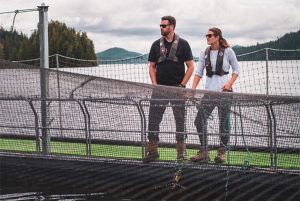
Novel "ecosystem-supporting" technology may improve fish welfare and performance, and reduce interactions between wild and farm-raised fish.

Biotech pioneer QuantiDoc's Veribarr tool gives an objective, quantitative measure of the strength of a farmed fish's skin, gills and guts.
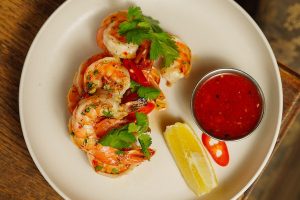
A new method using pressure and steam can produce a less-allergenic shrimp product, which is good news for people with a shrimp allergy.
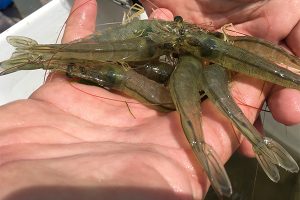
Including a commercial nucleotide in L. vannamei diets improved growth, survival, immune response, resistance to AHPND and profitability.
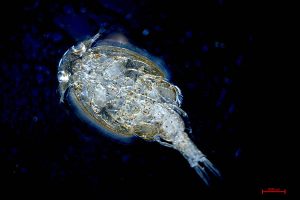
Viruses may prevent "explosions" in sea lice populations, offering a natural control agent for salmon parasites, according to a UBC study.
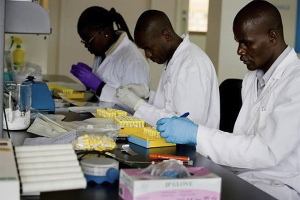
Findings from a new report could help prevent or reduce risks from aquatic animal disease across sub-Saharan Africa in the future.
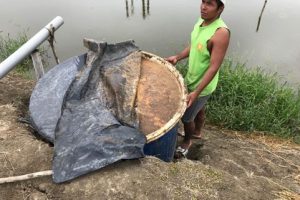
Bacterial additions produced pondside are common in shrimp farming, but farmers must ensure these cultures aren’t contaminated with harmful bacteria.
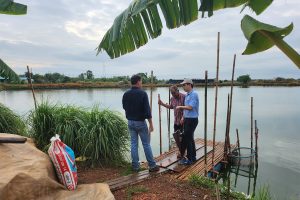
Øistein Thorsen, CEO of FAI Farms, informs Advocate readers that better animal welfare starts with training small-scale farmers to closely observe their fish.
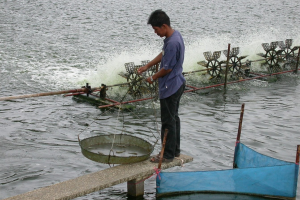
A commercial montmorillonite clay may help protect L. vannamei against production and economic losses from AHPND outbreaks in shrimp farms.
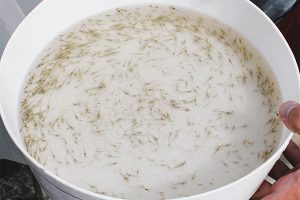
Shrimp diets supplemented with phytobiotics and applied at critical periods could mitigate the impact of AHPND and other pathologies.